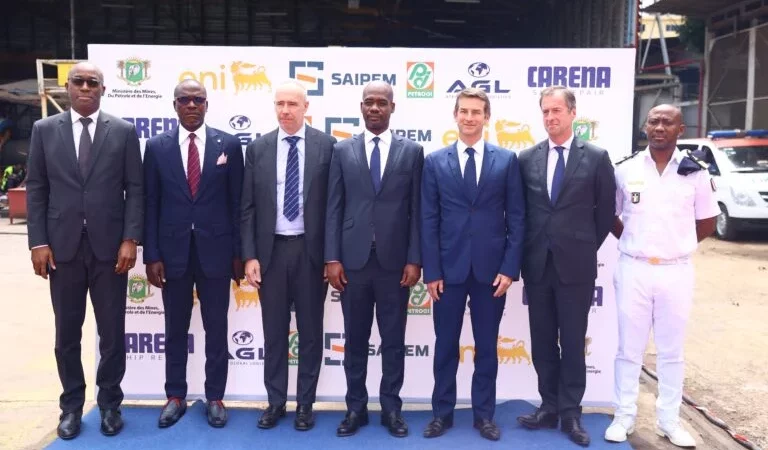A French Navy vessel seizes over 10 tons of cocaine off the African coast
On Thursday, March 14, 2024, under the direction of the maritime prefect of the Atlantic and the public prosecutor of Brest, a vessel of the French Navy seized 10,693 kg of cocaine on a fishing vessel in the Gulf of Guinea.
The Office for the Suppression of Narcotics Trafficking (OFAST) and the National Directorate of Intelligence and Customs Investigations (DNRED) had requested the intervention of the French Navy based on information provided by their partners at the Maritime Analysis and Operations Centre (Narcotics) (MAOC-N) and the United States Drug Enforcement Administration (DEA), as part of an investigation conducted with the Brazilian Federal Police.
The visiting team from the French Navy building intervened in the early morning of March 14, 2024, on a fishing boat of about twenty meters, flying the Brazilian flag.
Conducted in the Gulf of Guinea, off the African coast, the operation was initiated with the agreement of the flag State, in accordance with Article 17 of the United Nations Convention against Illicit Traffic in Narcotic Drugs and Psychotropic Substances.
In total, 10,693 kg of cocaine, with an estimated market value of nearly 695 million euros¹, were seized aboard the fishing boat, then transferred onto the vessel to be destroyed in accordance with the decision of dissociation made by the Brest public prosecutor’s office.
The perfect cooperation between national and international actors in the fight against drugs has led to this exceptional result. It illustrates the effectiveness of French state action at sea in protecting external borders and combating organized crime.
The French Navy deploys one to two French vessels, supported by a maritime patrol aircraft, almost permanently in the Gulf of Guinea as part of Operation Corymbe. This complements the French presence in West Africa by participating in the maritime aspect of operational cooperation. France’s presence in the area contributes to the development of the maritime security architecture stemming from the Yaoundé process. Additionally, this deployment aligns with the concept of coordinated maritime presence advocated by the European Union.
¹ Estimation based on the UNODC’s Global Cocaine Report 2023
Préfecture maritime de l’Atlantique






